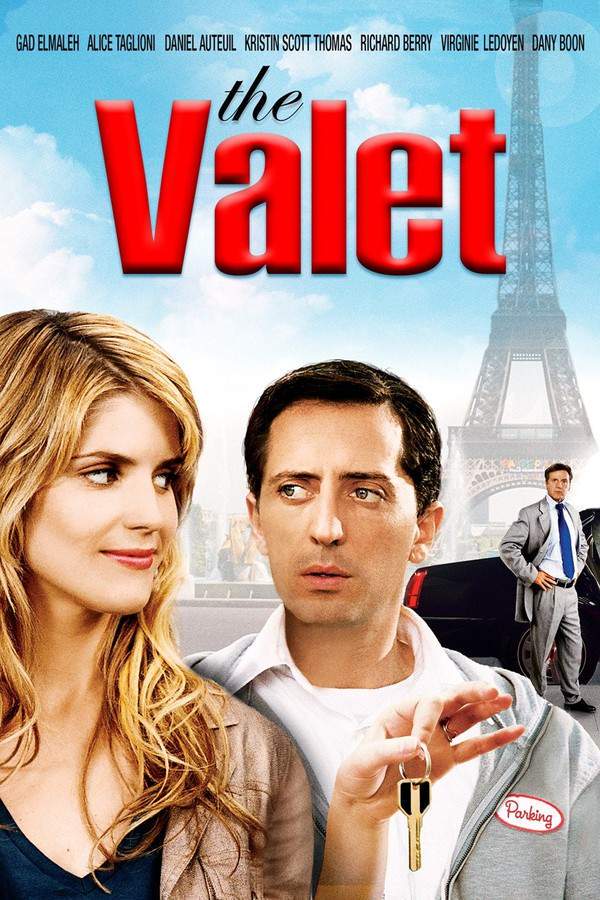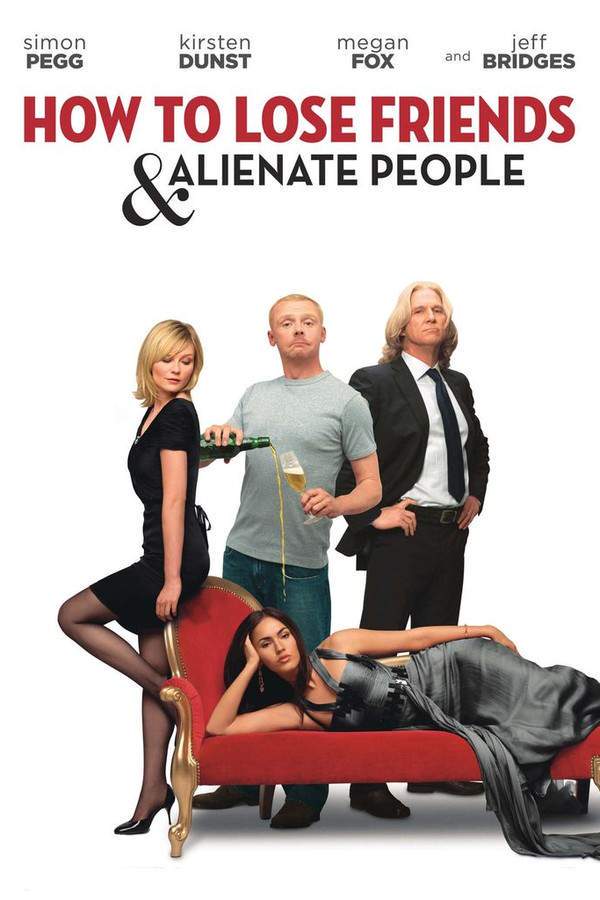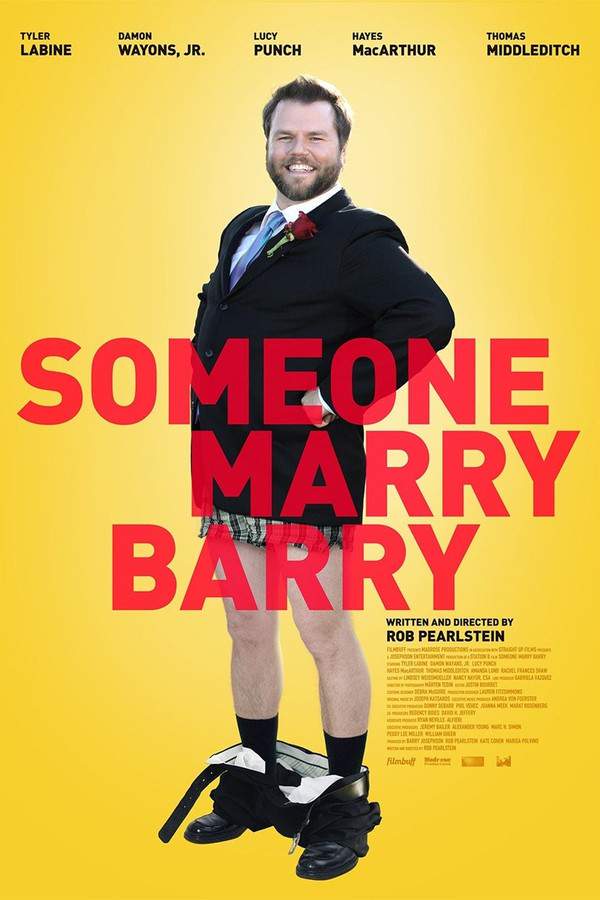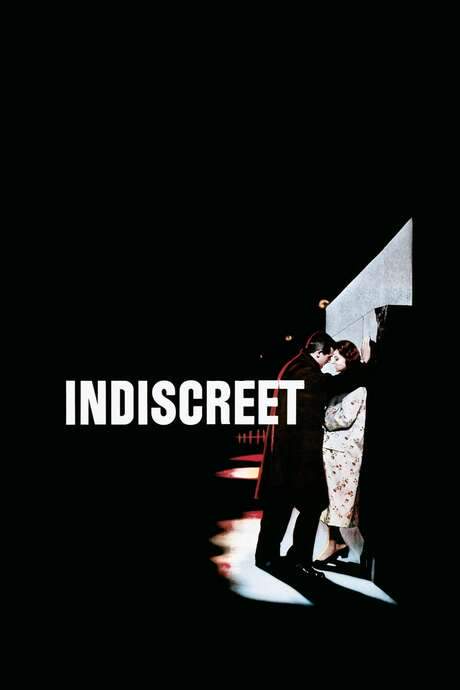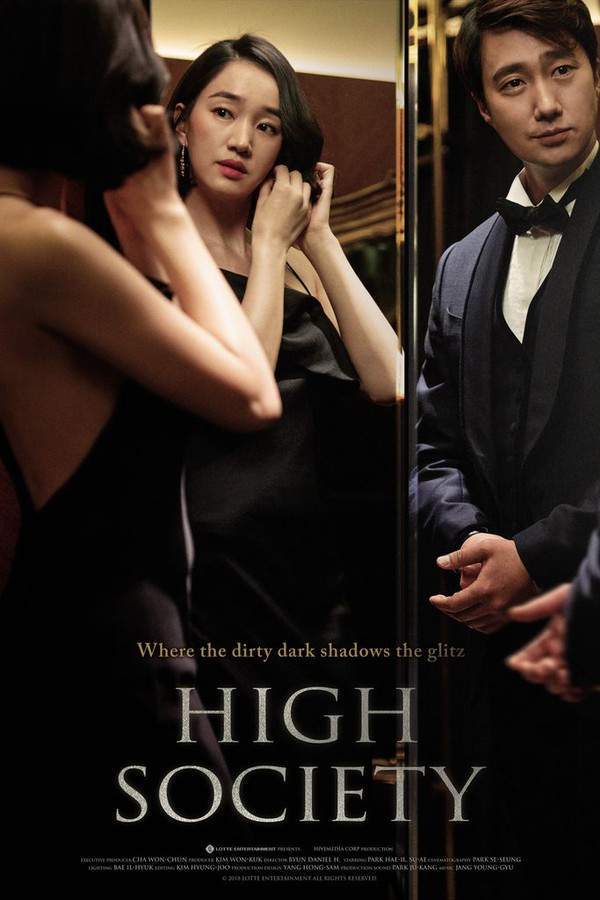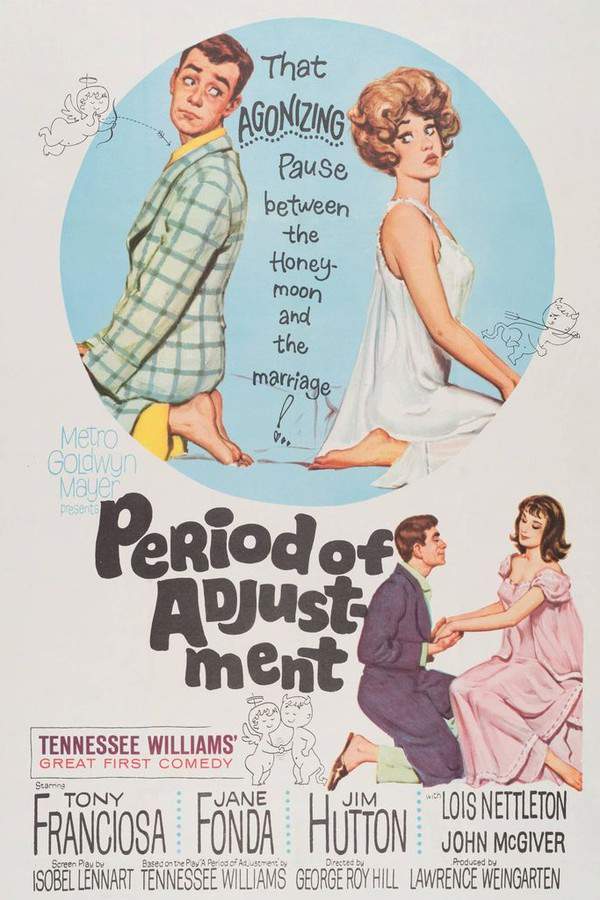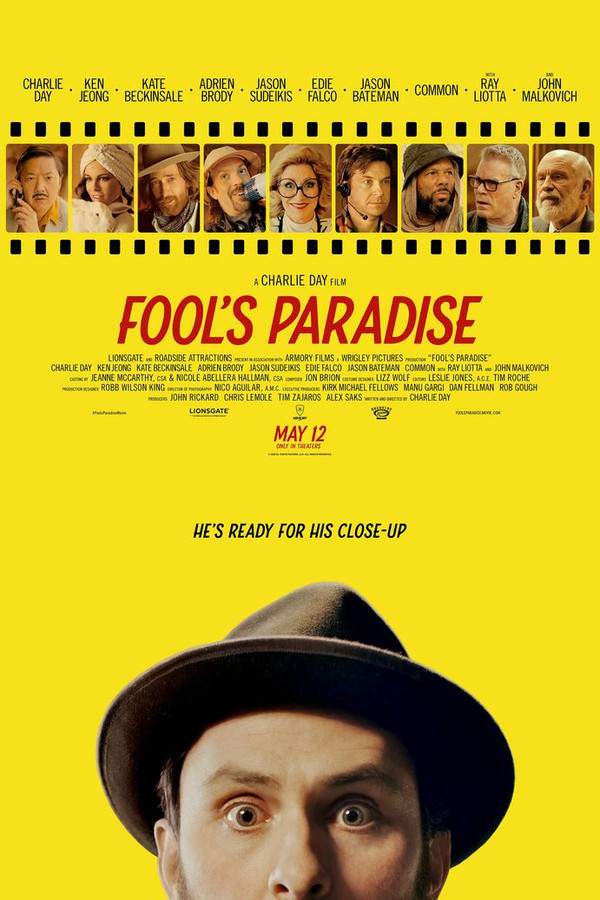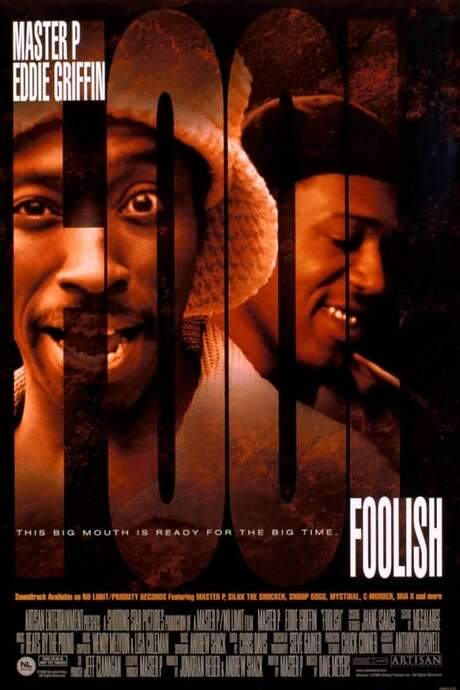
Folly to Be Wise
Year: 1952
Runtime: 91 mins
Language: English
Director: Frank Launder
When a newly-arrived army chaplain is assigned to oversee camp entertainment, he decides to stage a Brains Trust featuring local notables. A discussion on the rights and wrongs of marriage quickly reveals tangled relationships among three panelists, far more complex than the chaplain expected, while the audience remains blissfully unaware.
Warning: spoilers below!
Haven’t seen Folly to Be Wise yet? This summary contains major spoilers. Bookmark the page, watch the movie, and come back for the full breakdown. If you're ready, scroll on and relive the story!
Timeline & Setting – Folly to Be Wise (1952)
Explore the full timeline and setting of Folly to Be Wise (1952). Follow every major event in chronological order and see how the environment shapes the story, characters, and dramatic tension.
Last Updated: October 04, 2025 at 14:38
Main Characters – Folly to Be Wise (1952)
Meet the key characters of Folly to Be Wise (1952), with detailed profiles, motivations, and roles in the plot. Understand their emotional journeys and what they reveal about the film’s deeper themes.
Last Updated: October 04, 2025 at 14:38
Major Themes – Folly to Be Wise (1952)
Explore the central themes of Folly to Be Wise (1952), from psychological, social, and emotional dimensions to philosophical messages. Understand what the film is really saying beneath the surface.
Last Updated: October 04, 2025 at 14:38
Explore Movie Threads
Discover curated groups of movies connected by mood, themes, and story style. Browse collections built around emotion, atmosphere, and narrative focus to easily find films that match what you feel like watching right now.
Movies with public unraveling farces like Folly to Be Wise
Private scandals and tangled relationships comically exposed in a public forum.If you enjoyed the witty social comedy of Folly to Be Wise, you'll like these movies where public events like debates, parties, or performances expose private scandals and create deliciously awkward situations. These films share a light, mischievous tone and a focus on the comedy of manners.
Narrative Summary
The narrative typically hinges on a single, structured event that serves as a pressure cooker for characters with hidden connections. As the event progresses, polite conversation gives way to veiled accusations and revealing blunders, creating a chain reaction of social awkwardness and comedic tension, all while the larger audience remains partly unaware of the true drama unfolding.
Why These Movies?
These films are grouped by their shared setup of a public spectacle revealing private chaos. They deliver a specific kind of intellectual and social comedy, relying on dramatic irony, witty dialogue, and the brittle tension of genteel society being punctured by very human failings.
Witty comedies of manners similar to Folly to Be Wise
Brittle, reflective comedies where intellectual debate masks personal turmoil.Fans of Folly to Be Wise will appreciate these other comedies that blend intellectual debate with social awkwardness and marital troubles. These movies feature a light, steady pace, a reflective mood, and a focus on the humor found in the contradictions of genteel life.
Narrative Summary
These narratives often center on well-spoken, educated characters whose sophisticated discussions about life, love, or morality are ironically contrasted with their own dysfunctional relationships. The plot is less about major events and more about the gradual revelation of character flaws through conversation and subtle social interactions, leading to a mixed or ambiguously resolved ending.
Why These Movies?
This thread connects films that share a very specific mood: a light, witty, yet reflective and slightly brittle tone. The pacing is steady, the emotional weight is light, and the primary conflict is social and intellectual rather than dramatic, creating a coherent vibe of amused observation of human folly.
Unlock the Full Story of Folly to Be Wise
Don't stop at just watching — explore Folly to Be Wise in full detail. From the complete plot summary and scene-by-scene timeline to character breakdowns, thematic analysis, and a deep dive into the ending — every page helps you truly understand what Folly to Be Wise is all about. Plus, discover what's next after the movie.
Folly to Be Wise Summary
Read a complete plot summary of Folly to Be Wise, including all key story points, character arcs, and turning points. This in-depth recap is ideal for understanding the narrative structure or reviewing what happened in the movie.

Folly to Be Wise Timeline
Track the full timeline of Folly to Be Wise with every major event arranged chronologically. Perfect for decoding non-linear storytelling, flashbacks, or parallel narratives with a clear scene-by-scene breakdown.

Folly to Be Wise Spoiler-Free Summary
Get a quick, spoiler-free overview of Folly to Be Wise that covers the main plot points and key details without revealing any major twists or spoilers. Perfect for those who want to know what to expect before diving in.

More About Folly to Be Wise
Visit What's After the Movie to explore more about Folly to Be Wise: box office results, cast and crew info, production details, post-credit scenes, and external links — all in one place for movie fans and researchers.

Similar Movies to Folly to Be Wise
Discover movies like Folly to Be Wise that share similar genres, themes, and storytelling elements. Whether you’re drawn to the atmosphere, character arcs, or plot structure, these curated recommendations will help you explore more films you’ll love.
Explore More About Movie Folly to Be Wise
Folly to Be Wise (1952) Plot Summary & Movie Recap
Folly to Be Wise (1952) Scene-by-Scene Movie Timeline
Folly to Be Wise (1952) Spoiler-Free Summary & Key Flow
Movies Like Folly to Be Wise – Similar Titles You’ll Enjoy
Fool's Paradise (2023) Spoiler-Packed Plot Recap
May Fools (1990) Full Summary & Key Details
A Fool There Was (1915) Full Movie Breakdown
Hay Fever (1984) Spoiler-Packed Plot Recap
Fool’s Luck (1926) Film Overview & Timeline
Foolish Wives (1922) Plot Summary & Ending Explained
Laburnum Grove (1936) Spoiler-Packed Plot Recap
Happy Is the Bride (1958) Full Summary & Key Details
A Bunch of Amateurs (2008) Full Movie Breakdown
Blithe Spirit (1966) Full Summary & Key Details
Fiddlers Three (1948) Spoiler-Packed Plot Recap
Half-Wits Holiday (1947) Story Summary & Characters
Foolish (1999) Ending Explained & Film Insights
Fools for Scandal (1938) Full Movie Breakdown
Three Wise Fools (1946) Story Summary & Characters

